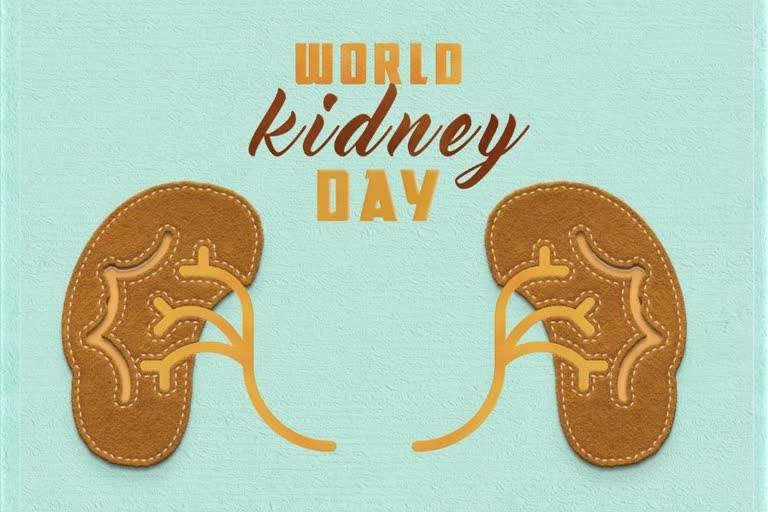Did you know Chronic Kidney Diseases (CKD) are also known as ‘Silent Killers’? This is because, the symptoms of CKD do not appear very prominent in the initial stages and by the time they do, the problem already worsens. Kidneys are small bean-shaped organ, situated on either side of the spine, below the ribs. If proper care is not taken, a person can suffer from severe health conditions, which can even prove fatal.
Dr. Manoj Singh, a Nephrologist based in Delhi, explains that kidneys act like filters in our body, which help in removing the toxic substances from our body. It also helps in the process of purifying blood from metabolic waste, regulates blood circulation, maintains bone health, controls hemoglobin and maintains the electrolytes in the body.
The Centers for Disease Control and Prevention (CDC) defines CKD as a condition in which the kidneys are damaged and cannot filter blood as well as they should. Because of this, excess fluid and waste from blood remain in the body and may cause other health problems, such as heart disease and stroke.
Some other health consequences of CKD, as mentioned by CDC include:
- Anemia or a low number of red blood cells
- Increased occurrence of infections
- Low calciumlevels, high potassium levels, and high phosphorus levels in the blood
- Loss of appetite or eating less
- Depression or lower quality of life
Myths and Facts related to Kidneys
- Drink a lot of water:It is true that drinking plenty of water and keeping yourself hydrated throughout the day is important for kidney health. But excess of it can at times be harmful to your kidneys as well as other organs of the body. Therefore, drink water but do not overdo it.
- Kidney failure:Many people think that kidney failure means that only one kidney has been damaged. While in reality, both the kidneys get affected. When only one kidney is damaged, a person may not face much trouble and even the creatinine and urea levels in the blood will remain unaffected. But, when both the kidneys are involved, the body faces difficulties in flushing out the toxins and other harmful substances from the body, which increases the amount of creatinine and urea in the blood, hence causing kidney failure.
- Kidney transplant:There are certain misconceptions regarding kidney transplants such as, men and women cannot donate kidneys for transplantation to each other or after donating a kidney, a person cannot lead a normal life and especially his/her sexual life is affected, which is completely false. Unless a person is suffering from any other health condition, even with one kidney, his/her normal routine remains unaffected.
- Dialysis:In case of kidney failure or any other kidney-related condition, most doctors recommend dialysis. But many people fear going through it since they are clueless of what exactly it is. Basically, dialysis works as a supplementary system in case of kidney failure. People also feel that once it begins, dialysis goes on for life, which is not true. Barring some serious circumstances, a patient does not need to undergo dialysis for a prolonged period. Dr. Manoj Singh explains that the frequency and duration of dialysis completely depend upon the problem and condition of the patient.
Keeping The Kidneys Healthy
Sujit Chatterjee, CEO of Dr. L H Hiranandani Hospital says, “Avoid Too Much Medicines & Pain Killers Intake of too many medicines is one of the major reasons for kidney failure and other chronic kidney diseases. So, whenever possible, go for natural therapies and if possible, go for Ayurvedic alternatives”. The 8 golden rules that he suggests to keep the kidneys healthy are:
- Keep blood sugar in control
- Keep yourself hydrated
- Maintain a healthy weight
- Avoid excessive drinking and try to quit smoking completely
- Keep a check on blood pressure
- Have a healthy diet
- Exercise regularly
- Go for routine body check-ups
Also Read:Did you know, women are more at risk of kidney diseases than men?
